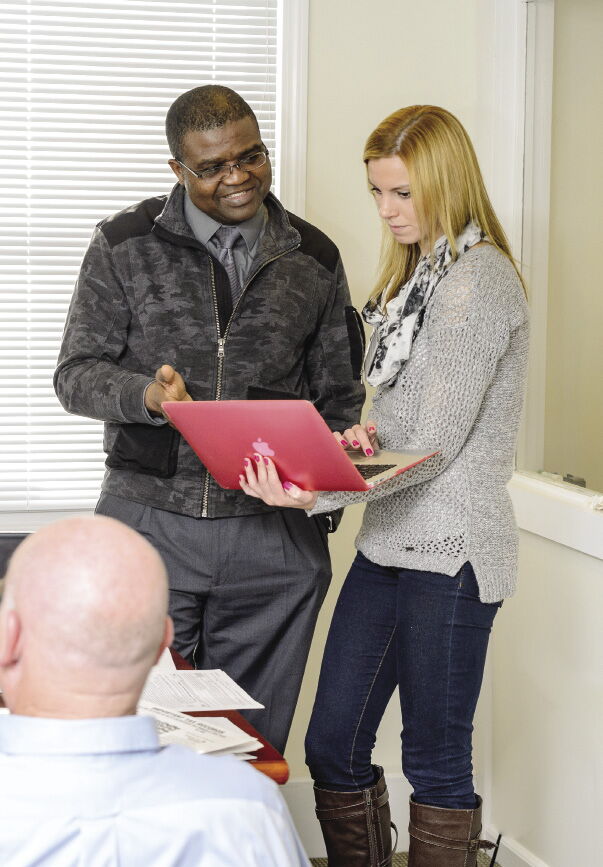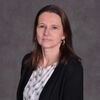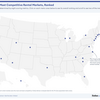Processing Your Payment
Please do not leave this page until complete. This can take a few moments.
-
News
-
Editions
-
- Lists
-
Viewpoints
-
HBJ Events
-
Event Info
- 2024 Economic Outlook Webinar Presented by: NBT Bank
- Best Places to Work in Connecticut 2024
- Top 25 Women In Business Awards 2024
- Connecticut's Family Business Awards 2024
- What's Your Story? A Small Business Giveaway 2024 Presented By: Torrington Savings Bank
- 40 Under Forty Awards 2024
- C-Suite and Lifetime Achievement Awards 2024
- Connecticut's Health Care Heroes Awards 2024
-
-
Business Calendar
-
Custom Content
- News
-
Editions
View Digital Editions
Biweekly Issues
- April 15, 2024
- April 1, 2024
- March 18, 2024
- March 4, 2024
- February 19, 2024
- February 5, 2024
- January 22, 2024
- January 8, 2024
- Dec. 11, 2023
- + More
Special Editions
- Lists
- Viewpoints
-
HBJ Events
Event Info
- View all Events
- 2024 Economic Outlook Webinar Presented by: NBT Bank
- Best Places to Work in Connecticut 2024
- Top 25 Women In Business Awards 2024
- Connecticut's Family Business Awards 2024
- What's Your Story? A Small Business Giveaway 2024 Presented By: Torrington Savings Bank
- 40 Under Forty Awards 2024
- C-Suite and Lifetime Achievement Awards 2024
- Connecticut's Health Care Heroes Awards 2024
Award Honorees
- Business Calendar
- Custom Content
Accounting firms get creative to attract, retain talent
 PHOTO | CONTRIBUTED
Nelson U. Alino, interim associate dean for the Quinnipiac University School of Business and professor of accounting, tutors one of his students.
PHOTO | CONTRIBUTED
Nelson U. Alino, interim associate dean for the Quinnipiac University School of Business and professor of accounting, tutors one of his students.
The hiring market is tight in virtually all corners of the United States, and the New Haven region is no exception.
For the area’s accounting firms, the competition for hiring staff is heating up post-pandemic.
“You can ask the employers. They’re knocking down my door every day and I can’t find enough accounting majors,” said Nelson U. Alino, interim associate dean for the Quinnipiac University School of Business and professor of accounting.
The irony is that accounting remains a reliable and well-paying career choice. The state Department of Labor (DOL) reports that accountants in Connecticut have an average annual salary of $79,000 and average annual job openings of 1,800. The DOL projects there will be 20,000 accountants employed in the state by 2026.
“Accounting is a recession-proof profession,” noted Alino. However, prior to the pandemic, the strong economy meant there was a plethora of job options for math-minded college students and the accounting industry became less popular. Also putting accounting at a disadvantage is the requirement for public accountants to earn 150 college-credit-hours (which amounts to a master’s degree) and sit for the rigorous CPA exam.
“Recently, COVID did not help us,” Alino added. “Our numbers have gone down. Interest has gone down.”
There is also competition between accounting firms and private industry. Large Connecticut employers like Sikorsky and Pratt & Whitney are snapping up accountants fresh out of college or after they’ve logged a few years at an accounting firm.
“Part of what [employers are] suffering is the turnover,” Alino said. Some college grads use accounting firms “as a stepping stone to go to other places.”
Office culture
Dennis Cole, managing partner at Beers, Hamerman, Cohen & Burger PC (BHC&B), and past president of the Connecticut Society of CPAs, said his firm, like many others, is facing not just a tight labor market but a lot of turnover.
“We’ve lost 9 and hired 10 people over the last year,” he said, adding that “when people are working from home, they chase the dollars more.”
As a result, BHC&B has brought employees back to its New Haven and Fairfield offices, while allowing for some remote work. Keeping people engaged when offices were closed was a challenge and everyone eventually tired of Zoom happy hours.
To combat the hiring challenges in the industry, Cole said BHC&B has developed a strong internship program that serves as a pipeline for new employees.
“Almost everyone we’ve hired over the last 10 years has interned for us,” he said.
Hiring interns is something the accounting department at the University of New Haven (UNH) recommends to employers.
“I would urge employers to reach out to the educational institutions in their area,” said Mary Miller, a distinguished lecturer in accounting at UNH. “Reach out now. There’s a pool of students waiting for you.”
Candice Deal, associate professor in accounting and assistant dean of the Pompea College of Business at UNH, also noted how competitive the market for accounting talent has become with students virtually guaranteed a job after graduation — and sometimes before.
“I know of a student that signed a full-time contract in their sophomore year to start a job two years later,” she said.
With an internship program already in place, BHC&B also places a great emphasis on its company culture because as a smaller firm it can’t always compete with big firms on salaries. Cole started at the firm right out of college and remembers connecting with the partners from day one. He carries that tradition on today, getting to know each employee and fostering a family-like community.
By contrast, large accounting firms have the reputation of pitting new hires against one another for a limited number of promotions, he said.
“We don’t do that here at all,” Cole said. “People move up on their own merit. It is not cutthroat.”
The question is whether accounting firms can run leaner, particularly since a large portion of the current accounting profession is expected to retire in the next 15 years.
On the one hand, technology has made filing a tax return much more efficient. Twenty years ago or more, new accounting grads would just enter data. Today, scanning technology has improved so there’s no need to have people manually keying in numbers. However, that technology has also enabled tax laws to become more complex and therefore tax filings have become more time-consuming.
“If the returns of today were still being done by hand, we’d never be done,” Cole said.
Evolving with the times
While accounting has a well-deserved reputation as being high-paying, it also has a reputation for long hours. But even that is changing as firms try to encourage college students to pick accounting over computer science or other STEM-related majors.
“We’re being extremely flexible with people’s schedules,” said Joseph Natarelli, office managing partner for New York-based Marcum LLP, which has Connecticut offices in New Haven, Hartford, West Hartford and Greenwich. In addition to adding flex time to the menu for accountants, Natarelli routinely holds employee focus groups to get direct feedback on what they’d like to see change.
One of the changes Marcum has adopted is offering study time to employees who are planning to take their CPA exam.
“We’re really trying to think outside the box and make Marcum the most exciting place it can be,” he said.
Another example of out-of-box thinking at Marcum is the recent hire of a 100-percent remote employee who lives in Colorado. While the employee will work from home, Natarelli will manage him from Connecticut.
“I never thought I’d see the day,” Natarelli said of the new, remote employee. “It’s different, but it’s working.”

2022 Giving Guide
This special edition informs and connects businesses with nonprofit organizations that are aligned with what they care about. Each nonprofit profile provides a crisp snapshot of the organization’s mission, goals, area of service, giving and volunteer opportunities and board leadership.
Learn more
Subscribe
Hartford Business Journal provides the top coverage of news, trends, data, politics and personalities of the area’s business community. Get the news and information you need from the award-winning writers at HBJ. Don’t miss out - subscribe today.
Subscribe
2024 Book of Lists
Delivering Vital Marketplace Content and Context to Senior Decision Makers Throughout Greater Hartford and the State ... All Year Long!
Read Here-
2022 Giving Guide
This special edition informs and connects businesses with nonprofit organizations that are aligned with what they care about. Each nonprofit profile provides a crisp snapshot of the organization’s mission, goals, area of service, giving and volunteer opportunities and board leadership.
-
Subscribe
Hartford Business Journal provides the top coverage of news, trends, data, politics and personalities of the area’s business community. Get the news and information you need from the award-winning writers at HBJ. Don’t miss out - subscribe today.
-
2024 Book of Lists
Delivering Vital Marketplace Content and Context to Senior Decision Makers Throughout Greater Hartford and the State ... All Year Long!
ABOUT
ADVERTISE
NEW ENGLAND BUSINESS MEDIA SITES
No articles left
Get access now
In order to use this feature, we need some information from you. You can also login or register for a free account.
By clicking submit you are agreeing to our cookie usage and Privacy Policy
Already have an account? Login
Already have an account? Login
Want to create an account? Register
Get access now
In order to use this feature, we need some information from you. You can also login or register for a free account.
By clicking submit you are agreeing to our cookie usage and Privacy Policy
Already have an account? Login
Already have an account? Login
Want to create an account? Register






0 Comments